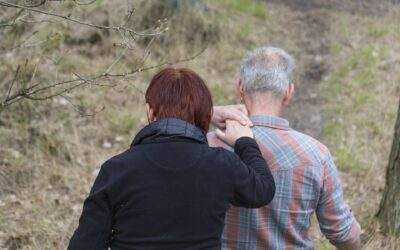Word of Life – January 2025
For nothing will be impossible with God. (Lk 1:37)
Word of Life – December 2024
They all gave out of their wealth; but she, out of her poverty, put in everything – all she had to live on. (Mk. 12:44)
Word of Life – November 2024
Whoever wants to become great among you must be your servant, and whoever wants to be first must be slave of all. (Mk 10:43-44)
Word of Life – October 2024
Do not merely listen to the word, and so deceive yourselves. Do what it says. (Jas 1:22)
Word of life – September 2024
Lord, it is good for us to be here. (Mt 17:4)
Word of Life – August 2024
The Lord is my shepherd, I lack nothing. (Ps 23[22] [22]:1).
Word of Life – July 2024
Living the Gospel: “Set you mind on things that are above, not on things that are on earth” (Colossians 3:2)
For a Christian, the Resurrection really happened. It was an encounter that changed every human perspective; it is the event that reminds us that our home is in heaven and it is there that our life must aim, giving witness to the values that Jesus brought to earth.
Word of Life – September 2018
“Humbly welcome the word that has been planted in you and is able to save your souls.”(Gc 1:21)
Word of Life – August 2018
“I have loved you with an everlasting love; therefore I have continued my faithfulness to you.” (Jer 31:3)
Word of Life – July 2018
“My grace is sufficient for you, for power is made perfect in weakness.” (2 Cor 12:9)
June Word of Life
“Blessed are the peacemakers, for they will be called children of God.” (Matt 5:9)







![The Lord is my shepherd, I lack nothing. (Ps 23[22] [22]:1).](https://www.focolare.org/wp-content/uploads/2024/07/flock-5077402_1920-400x250.jpg)